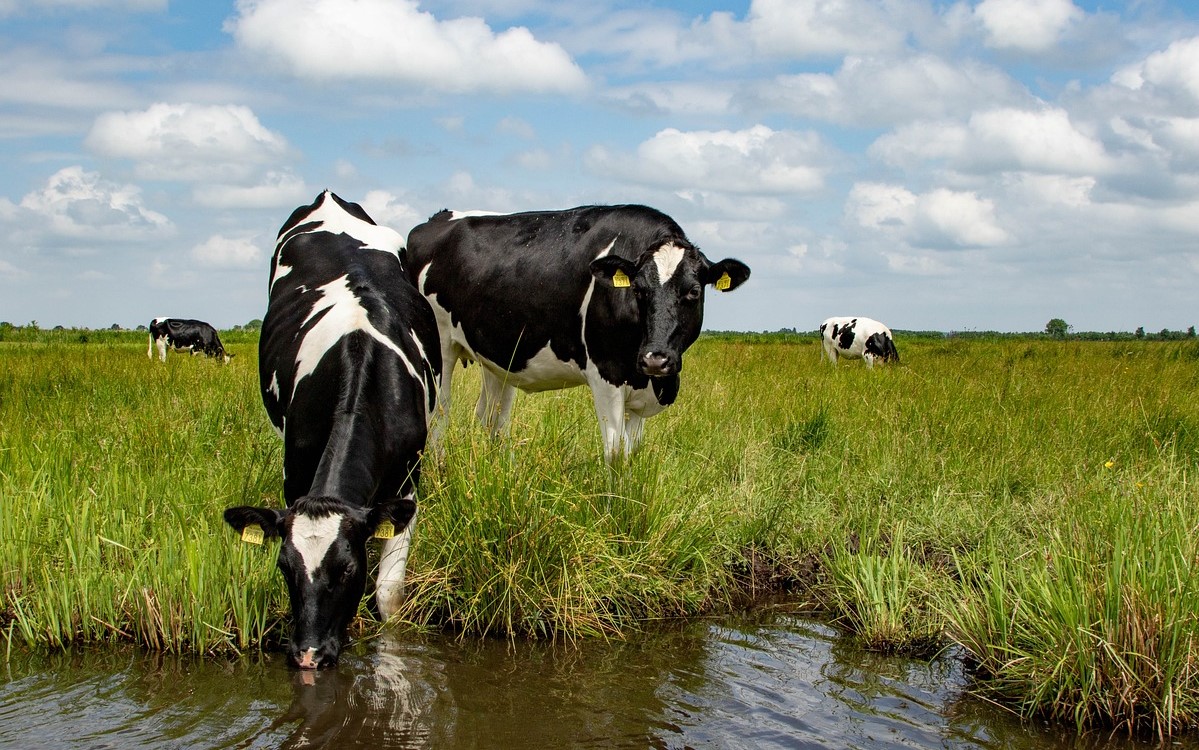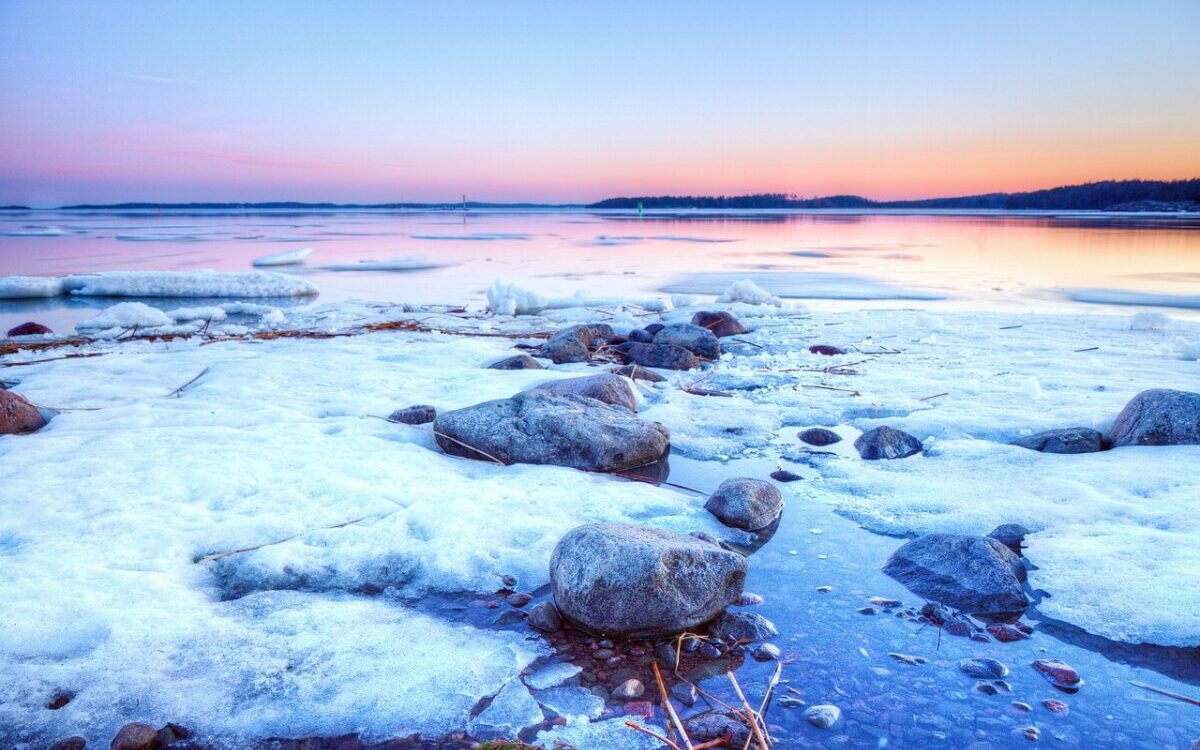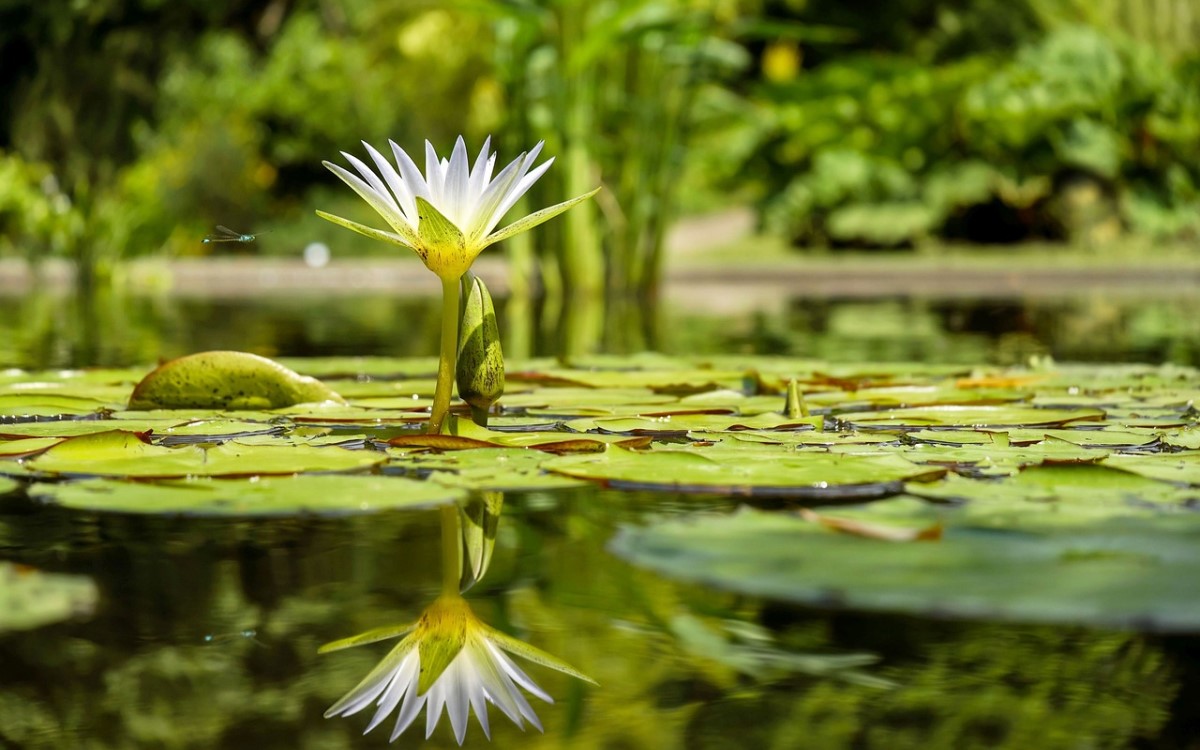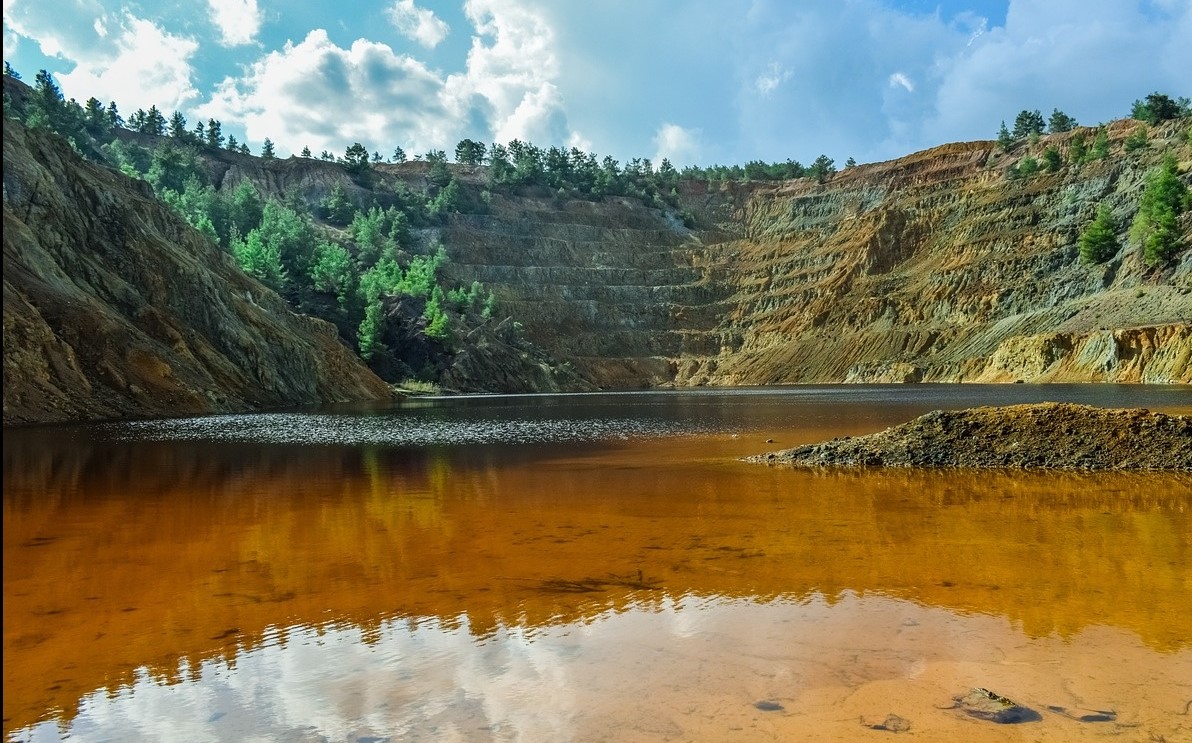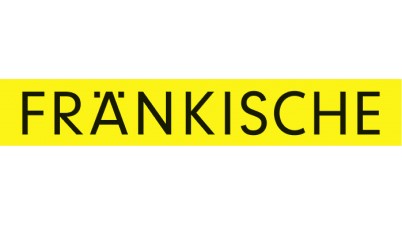12th May 2023। In the Netherlands the presence of nitrate in groundwater extractions for drinking water production is a long-standing and persistent problem that has still not been solved. This is evident in the fact sheet ‘Time is running out’ on the goals of the Water Framework Directive (WFD) and nitrate.
The factsheet was produced by the research institute KWR on behalf of Vewin, the national association of water companies in the Netherlands. It is the first in a series of factsheets about substance groups that need to be addressed with urgency in relation to the WFD targets for drinking water resources. The Water Framework Directive (2000/60/EC) requires EU Member States to achieve good status in all bodies of surface water and groundwater by 2027.
The Netherlands is obliged to protect (ground) water intended for drinking water production in such a way that its quality does not deteriorate, that water quality standards are met and that the purification effort for drinking water production is reduced. The fact sheet shows that the Netherlands is in danger of missing the deadline for meeting the WFD targets in 2027.
Extra effort needed to reduce nitrate leaching
Specifically, to reduce nitrate leaching at 34 extraction sites for drinking water production in the southern and eastern Netherlands, an approach was launched in 2017 and set out in an administrative agreement. The aim is to permanently meet the nitrate standard in groundwater by 2025. In quite a few of the extraction sites, the approach is not expected to achieve the target in time.
The fact sheet reveals that drinking water targets are not sufficiently considered in the different components of the nitrogen approach. Since 1991, the Netherlands has been implementing policies to reduce nitrogen surplus in agriculture, and thus nitrate leaching. This policy was initially successful: the nitrogen surplus in Dutch agriculture declined steadily from the late 1990s. Since 2010, however, this is no longer the case and the nitrogen surplus seems to be rising slightly again. Especially in the vicinity of the 34 groundwater extraction sites, reducing nitrate leaching requires extra effort, as the soils there are naturally sensitive to leaching.
Consistent and accountable package of measures explicitly embedded in NPLG
The National Rural Area Programme (National Progamma Landelijk Gebied, NPLG) is an area-based approach to achieve national goals for nature restoration, water quality and climate adaptation. According to the fact sheet, drinking water targets are not sufficiently considered in the different components of the nitrogen approach. Vewin wants the existing goals and approach for combating nitrate pollution of drinking water sources to be explicitly anchored in the NPLG. The area programmes should include a coherent and accountable package of measures aimed at timely WFD target realization and meeting the nitrate target at drinking water sources. Vewin points out that it is important to properly involve drinking water companies in the drafting of the area programmes.
Read the factsheet